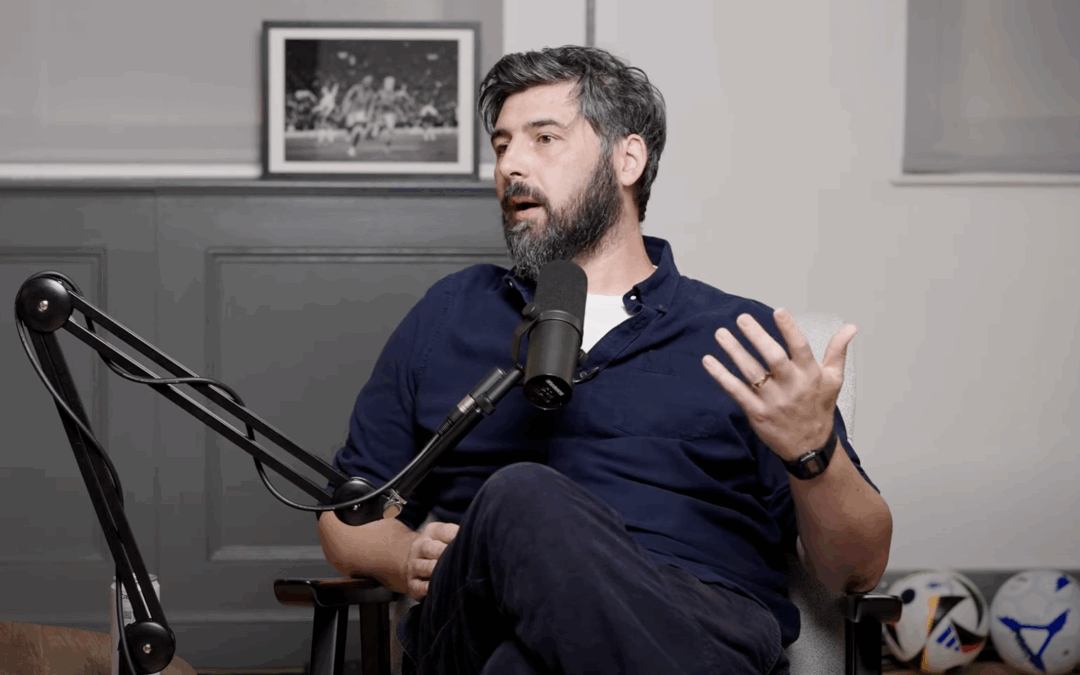Long-overdue conversations about periods in sport have finally reached the mainstream media – is period-friendly activewear going to be the next trend?
Periods in sport are nothing new, and thankfully making the sporting environment more comfortable for those menstruating has become at least a talking point. For instance, Olympic athletes discussed it ahead of the Paris Games, the Lionesses switched to dark shorts for the 2023 Women’s World Cup, and the Wimbledon Championships have relaxed their all-white dress code to alleviate leaking fears.
But how can the sports industry innovate to move things along even further? Dr Petra Kolic, a senior lecturer and researcher in the Department of Sport and Exercise Sciences at Manchester Metropolitan University, explains the impact that period products could have on exercise behaviours.
“Whether you’re an everyday gymgoer, or exercising at a competitive level, you want to be fully focused on your sporting activity – you want to release yourself in it, you want to focus on it.
“What all your props need to do, and the period props are included in that, they need to support that.”
Dr Kolic’s research has found that some women avoid exercise or adapt their exercise behaviours when menstruating. She explains that many had a “fear of being found out” about being on their period, including a fear of menstrual blood leaking.
“This is where the clothing comes into play massively, wearing clothes that will make you feel like you’re hiding your period more, but also clothes that make you feel comfortable or secure.”
She says many of her participants had a go-to ‘period outfit’ for the gym, along with timing their use of products like pads or tampons very carefully to suit their exercise regime.
However, traditional period products might have their shortcomings for exercise. “Wearing something like your everyday pad might be really uncomfortable on your skin, that plastic you feel might be uncomfortable.” She describes this as an “opportunity” for product designers to innovate, which some brands have already started to do.
Modibodi and PUMA launched a new collection of period underwear, designed to work in place of a disposable product to reduce waste and discomfort. They’ve adapted traditional underwear to feature a multi-layered design. According to their website, the top layer of their Active underwear wicks moisture and controls odour, the middle layer absorbs fluid, and the third has a waterproof seal for leak protection.
Big-name brands like Bodyform also sell their own sports period underwear among their vast product ranges, but there are also smaller businesses carving out a niche at the intersection between menstruation and sport. For example, WUKA have a range of period underwear, cycling shorts, swimwear, and even leggings.
There are companies trying to create a better basis for period activewear, but Dr Kolic points out new and innovative products are not on everyone’s radar. Adults, she says, are more likely to have the financial resources to spend on more sustainable and expensive options like period pants or cups. Though there are now schemes for schools to access free period products for pupils, Dr Kolic says schools will generally hand out pads.
“All those fantastic products that are out there, the more sustainable ones, they often don’t even reach those teenage groups.”
This is where brands could help themselves by bringing their innovation into marketing. Snuggs specialise in period underwear and recently launched a partnership with Manchester City Women which has seen their captain, England star Alex Greenwood, become an ambassador. It’s the first collaboration between a women’s professional football team and a period underwear brand.
Dr Kolic stresses that menstrual health is very individualised – not all products will work for everyone. But products can make “potentially a very big” difference to exercise behaviours while someone is on their period.
“The same way that you’re going to wear your pair of proper trainers to go to the gym, the same way you’re going to wear specific clothing… your period products should support you.”

